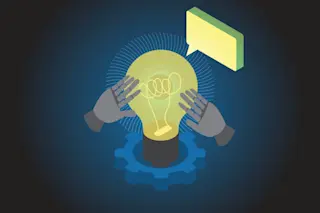Using this many devices at once doesn’t mean a person is addicted to technology. (Credit: Shutterstock) How concerned should people be about the psychological effects of screen time? Balancing technology use with other aspects of daily life seems reasonable, but there is a lot of conflicting advice about where that balance should be. Much of the discussion is framed around fighting “addiction” to technology. But to me, that resembles a moral panic, giving voice to scary claims based on weak data. For example, in April 2018, television journalist Katie Couric’s “America Inside Out” program focused on the effects of technology on people’s brains. The episode featured the co-founder of a business treating technology addiction. That person compared addiction to technology with addictions to cocaine and other drugs. The show also implied that technology use could lead to Alzheimer’s disease-like memory loss. Others, such as psychologist Jean Twenge, have linked smartphones ...
Debunking the Biggest Myths About 'Technology Addiction'
Debunk common technology addiction myths and explore the real psychological effects of screen time on mental health. Find balance now!
More on Discover
Stay Curious
SubscribeTo The Magazine
Save up to 40% off the cover price when you subscribe to Discover magazine.
Subscribe













